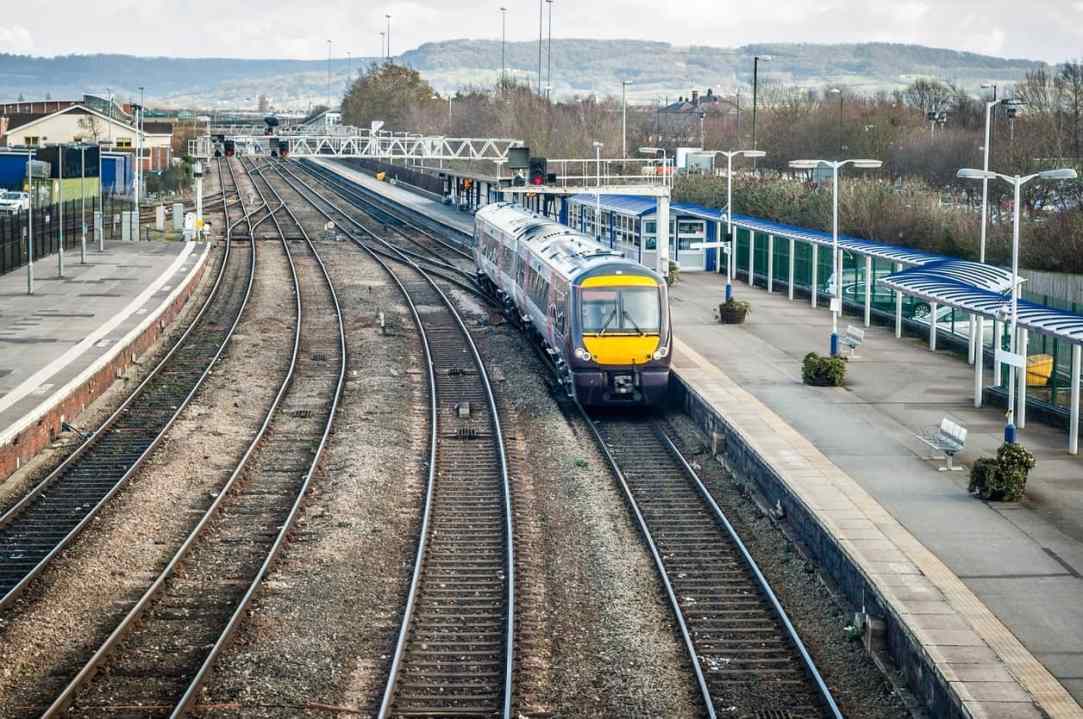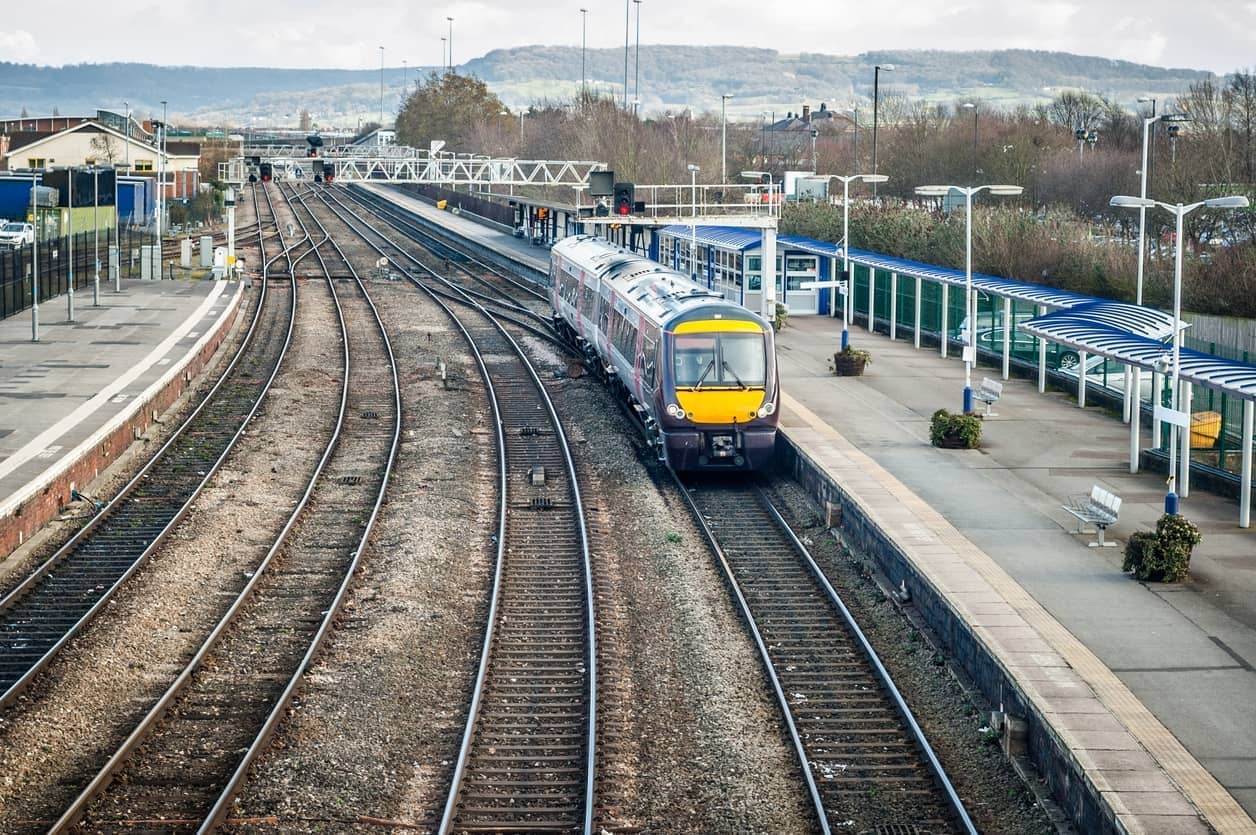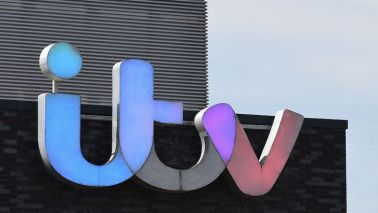In what other industry could demand collapse by a tenth and yet the staff still think that they have a right to an above inflation pay rise and no job losses? Rail privatisation was supposed to put an end to union militancy and to relieve taxpayers of the financial risk of running the railways. Patently, it has achieved neither objective. Three national rail strikes have been declared for later in the month, to compound strikes on the London underground.
Meanwhile, taxpayers will contribute £16 billion this year to propping up an industry in which demand for its services have collapsed. In the week to 22 May (before the effect of last week’s bank holidays) usage of national rail services averaged 89 per cent of what it did before the pandemic. As far as the tube is concerned, usage was 76 per cent of that of early March 2020.
The sad truth is that since rail privatisation unions have grown more, not less, militant
So why is the RMT demanding pay rises of 11 per cent – 2 per cent over the official measure of inflation, the Consumer Prices Index – while refusing to countenance any job losses? It is hardly as if rail staff don’t already get a remarkably good deal.

Get Britain's best politics newsletters
Register to get The Spectator's insight and opinion straight to your inbox. You can then read two free articles each week.
Already a subscriber? Log in








Comments
Join the debate for just £1 a month
Be part of the conversation with other Spectator readers by getting your first three months for £3.
UNLOCK ACCESS Just £1 a monthAlready a subscriber? Log in